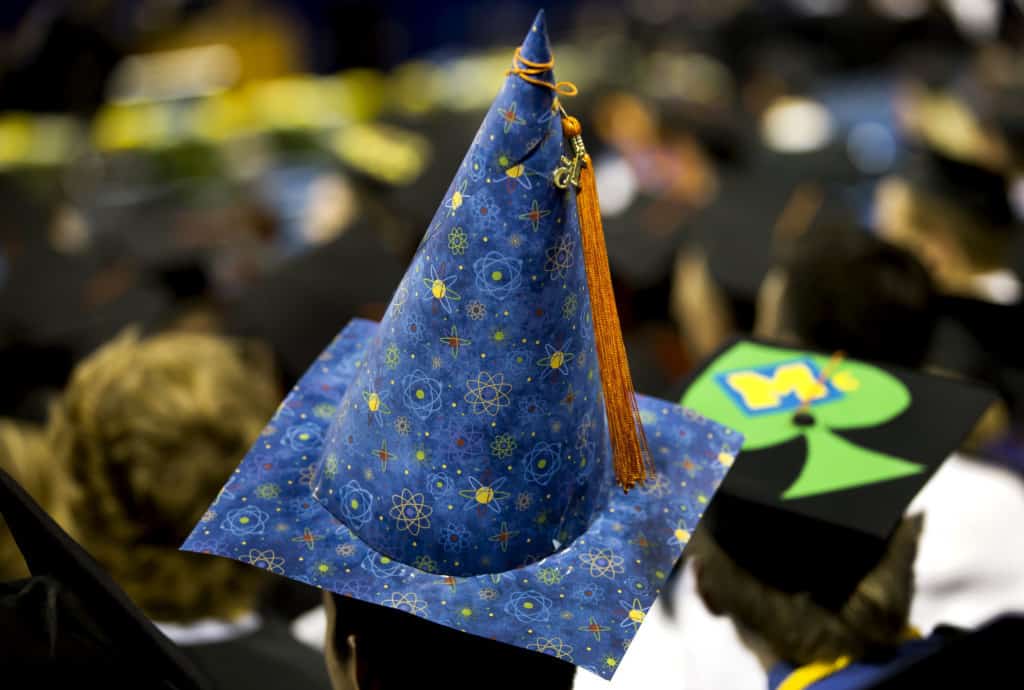Research Opportunities
Related Resources
Many Engineering Physics students engage in research for credit or pay. Program Chair Professor Carolyn Kuranz can help you plan your search for research opportunities, but you will make your best impression with the faculty by being proactive. These are the recommended steps:
- Explore the research interests of the faculty in your areas of interest through department websites and lab or group pages. Select two or three professors whose research areas interest you.
- Contact the faculty by email, expressing interest in working with them on a research project – it could be during the summer or term. Attach a resume or transcript if possible. Request to meet with them.
- If you haven’t heard back after 7 to 10 days, follow up with the faculty member. Often, stopping by the professor’s office is the best way.
- If none of the above works, schedule an appointment with Michelle Sonderman for more help.
Request More Info
For more information on our Engineering Physics Undergraduate Program, please contact Khan Nguyen, our Recruiting and Outreach Coordinator, or complete the form.
